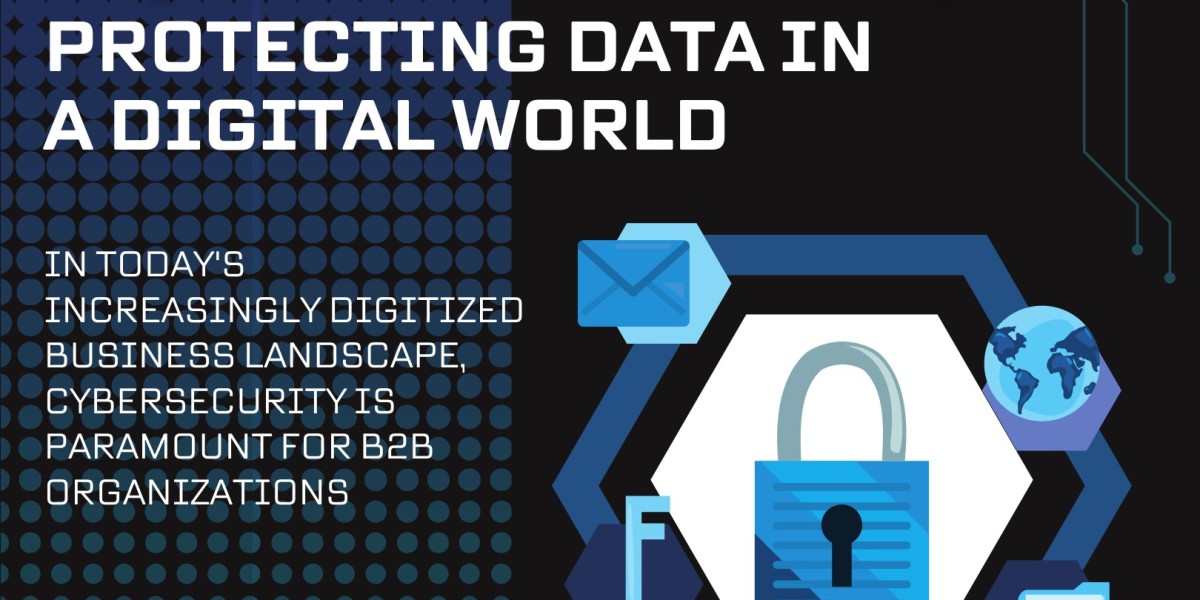In today's increasingly digitized business landscape, cybersecurity is paramount for B2B organizations.
Why B2B Cybersecurity Matters:
1. Data Protection: B2B companies often handle large volumes of sensitive data, including financial information, customer records, and proprietary business data.
2. Business Continuity: Cyberattacks can disrupt business operations, leading to financial losses, reputational damage, and legal consequences. Implementing robust cybersecurity measures helps mitigate the risk of data breaches and ensures uninterrupted business continuity.
3. Reputation Management: A data breach can severely damage a B2B company's reputation and erode trust among clients and partners. Investing in cybersecurity demonstrates a commitment to protecting stakeholders' interests and preserving the organization's reputation as a trustworthy partner.
Key Strategies for B2B Cybersecurity:
1. Risk Assessment: Conducting regular risk assessments helps identify vulnerabilities and prioritize cybersecurity initiatives based on their potential impact. Assessments should evaluate internal and external threats, assess the effectiveness of existing security controls, and identify areas for improvement.
2. Employee Training: Human error is a leading cause of data breaches, making employee training a critical component of cybersecurity. B2B organizations should provide comprehensive training on cybersecurity best practices, including password hygiene, email security, and recognizing phishing attempts.
3. Multi-Factor Authentication (MFA): Implementing MFA adds an extra layer of security by requiring users to provide multiple forms of verification before accessing sensitive data or systems.
4. Encryption: Encrypting data both in transit and at rest helps protect it from unauthorized access. B2B companies should leverage encryption technologies to secure sensitive information stored on servers, databases, and other digital assets.
5. Regular Software Updates: Keeping software systems and applications up-to-date is essential for addressing known vulnerabilities and patching security flaws.
6. Incident Response Plan: Developing an incident response plan enables B2B organizations to effectively respond to cybersecurity incidents and minimize their impact.
7. Vendor Risk Management: Many B2B organizations rely on third-party vendors and service providers for various business functions.
Conclusion:
B2B cybersecurity is essential for protecting sensitive data, preserving business continuity, and maintaining trust with clients and partners. By implementing robust cybersecurity measures and staying vigilant against emerging threats, B2B organizations can safeguard their digital assets and navigate the complexities of the digital world with confidence.








